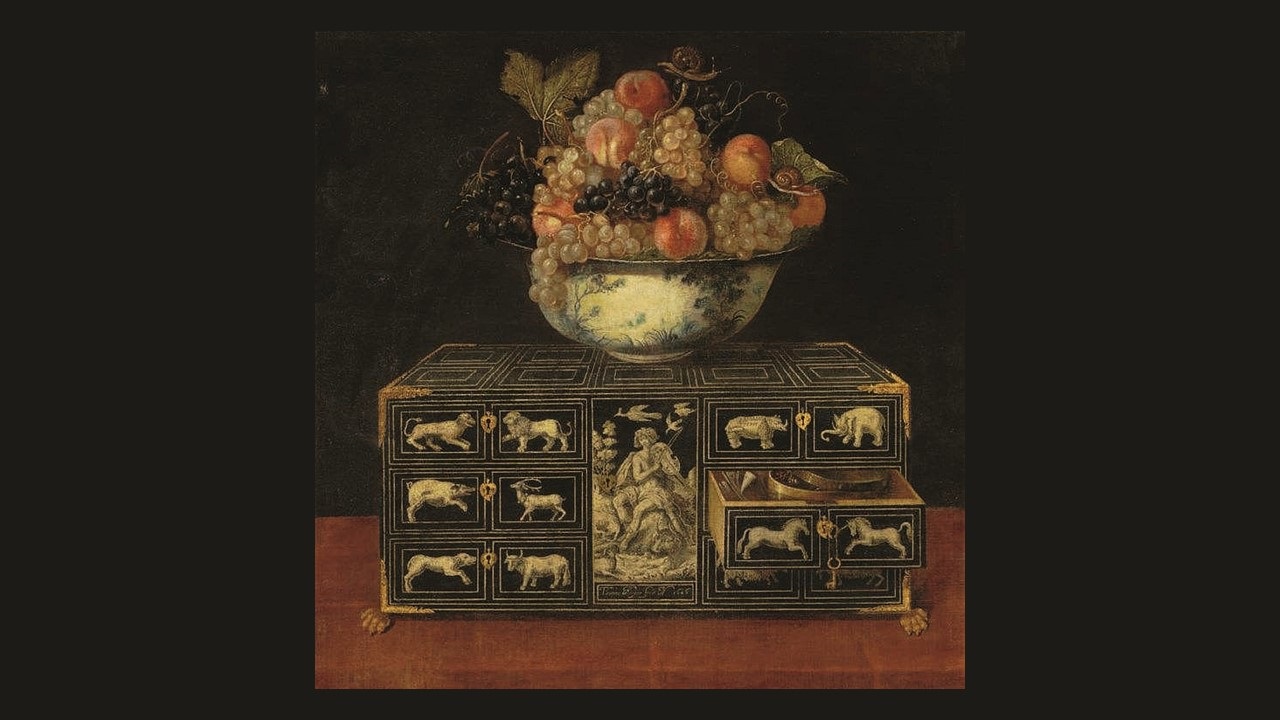.
Wood
a pantoum
It’s only furniture. But that’s both truth and lie.
To find Mom’s treasured things a loving new address
is near impossible, no matter what I try.
Her home’s impending sale exacerbates the stress
of finding treasured things a loving new address.
The size and weight of them—armoire, piano, hutch—
her home’s impending sale, exacerbate my stress.
The charities have hauling fees that cost too much
for size and weight of them: armoire, piano, hutch.
Consignment shops aren’t taking furniture that’s brown,
and charities have hauling fees that cost too much.
Each dead end avenue just brings me further down.
Consignment shops aren’t taking furniture that’s brown,
and pick up no-shows to my last-ditch ads, ‘For Free,’
are dead end avenues that bring me further down.
Just set it out as trash, my cousin says to me.
Those pick up no-shows to your last-ditch ads, ‘For Free,’
proves it’s impossible, no matter what you try.
Just set it out as trash, my cousin says to me.
It’s only furniture. But that’s both truth and lie.
.
.
Mary Kipps is a former Pushcart Prize nominee. Her poems have appeared regularly in journals and anthologies across the U.S. and abroad since 2005. She is also the author of three Kindle eBooks of paranormal satire: All in Vein, A Sucker for Heels, and Bitten: A Practical Guide to Dating a Vampire.















A lovely pantoum. Love the words “It’s both truth and lie.”
Best regards,
Paddy
Thank you for your kind words, Paddy. I actually did manage to find loving homes for everything, though it was an emotionally draining and lengthy process.
So true and well done. Thank you.
Thank you, JD!
This reminds me of what I have when I pass on and leave things to my kids. I have evaluated a lot of my things as antiques that few realize are treasures. For instance, I have a set of Corning Ware from the 1950’s (first saved by my mom) that is now worth a lot. I have a large engraved antique lithographed picture on the wall I bought in Germany worth a fortune now. Maybe they will just junk it all. Your poem has inspired me to start cataloging things of value. My furniture is the most difficult to value and I count it more that “wood.”
Glad to have provided inspiration. I presumed with my mother’s things that all were ‘treasures.’ Emotionally, it would have helped greatly to know what truly was.
Fabulous. I’ve only ever been able to write one pantoum, ever, so hats off to you for your effort, Mary, which I found very touching.
By the way, your books sound exsanguinatingly interesting.
Thank you for your kind words, Paul.
My e-Books are very tongue-in-cheek. The first two were actually written as speculative prose poetry.
The idea that no one is willing to take (even for free!) an armoire, a piano, and a hutch is hard for me to compute. My wife and I paid a hefty sum for a solid wood hutch when we were first married, and my in-laws spent much more for a fine old French armoire. These are things that you SIMPLY CANNOT GET ANYMORE , unless you find an old one for sale.
What the bloody hell is wrong with Americans? Would they rather have crap from IKEA? I guess it goes along with their generalized taste in poetry, which tilts heavily to garbage by Rupi Kaur.
And for Roy Peterson — it would be a good idea for you to tell your children NOW the value of the things that you have, so that they won’t simply dump them in the garbage. This especially holds for an antique lithograph.
My sentiments exactly, Joseph. And, yes, apparently the younger generations DO prefer IKEA.
A poem with some emotional heft of it’s own. This is a problem most of us face, whether we’re dealing with treasures or junk, whether it’s heavy (my wife’s parents Denby Ware (still with us 25 years after their passing) or light (my writing and music e-files, which may get chucked after a pause, or poured over, as I’ve done with the writing of my mother’s father, who died more than 20 years before I was born).
Sad, but true, Julian.
A really lovely piece, Mary. I’m still fairly young, but most of my furniture consists of pieces owned by my grandparents (and even great-grandparents). Thanks for this poignant poem.
Thank you, Talbot. It’s always nice to hear someone young treasures antiques.
Mary, I really like this heart-touching pantoum, and especially the subtle and clever tweaks to the repeating lines employed to convey meaning… a message that speaks of values and worth. Wonderful!
Thank you, Susan. Writing it was very therapeutic.
A wonderful pantoum, Mary, with words that are so true and relatable. In this beautiful poem you manage to cleverly convey all the emotions experienced in such a situation. It is a poignant write that speaks volumes.
Thank you so much, Catherine. It was a healing poem to write.
How stupid fashion can be. What’s “outdated” today will be rare and desired tomorrow. But unfortunately the speaker doesn’t have till then. This poem conveys frustration and grief while carrying maddening and bitter satire as well.
I love what you’ve done with the pantoum form! Each repetend manages to say something different the second time around, which is really hard to do well.
I still live with some of my father’s hand-crafted woodwork, and my grandchildren will have the right of first refusal on these items when I am gone. Much of it is junk, but precious junk nonetheless.